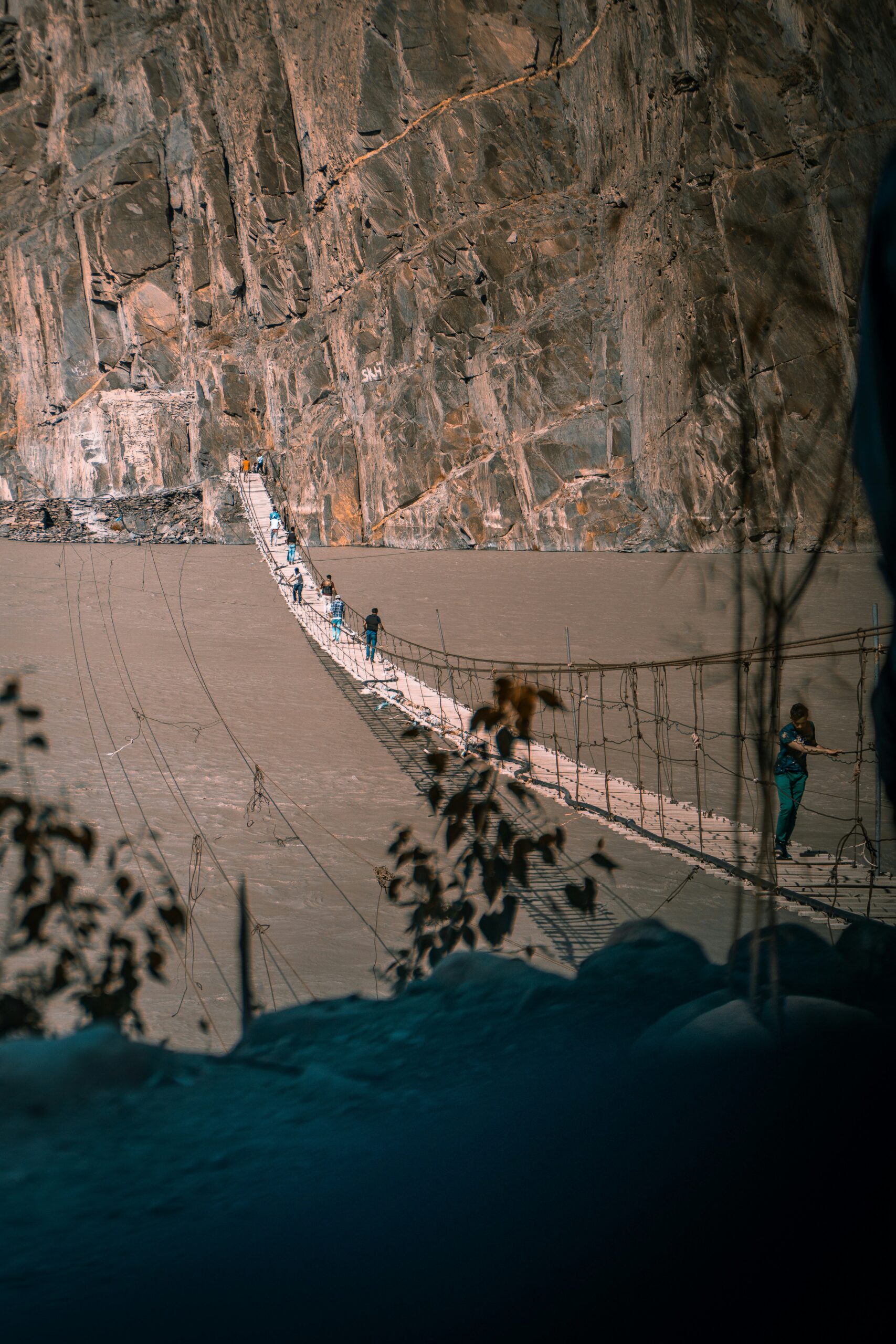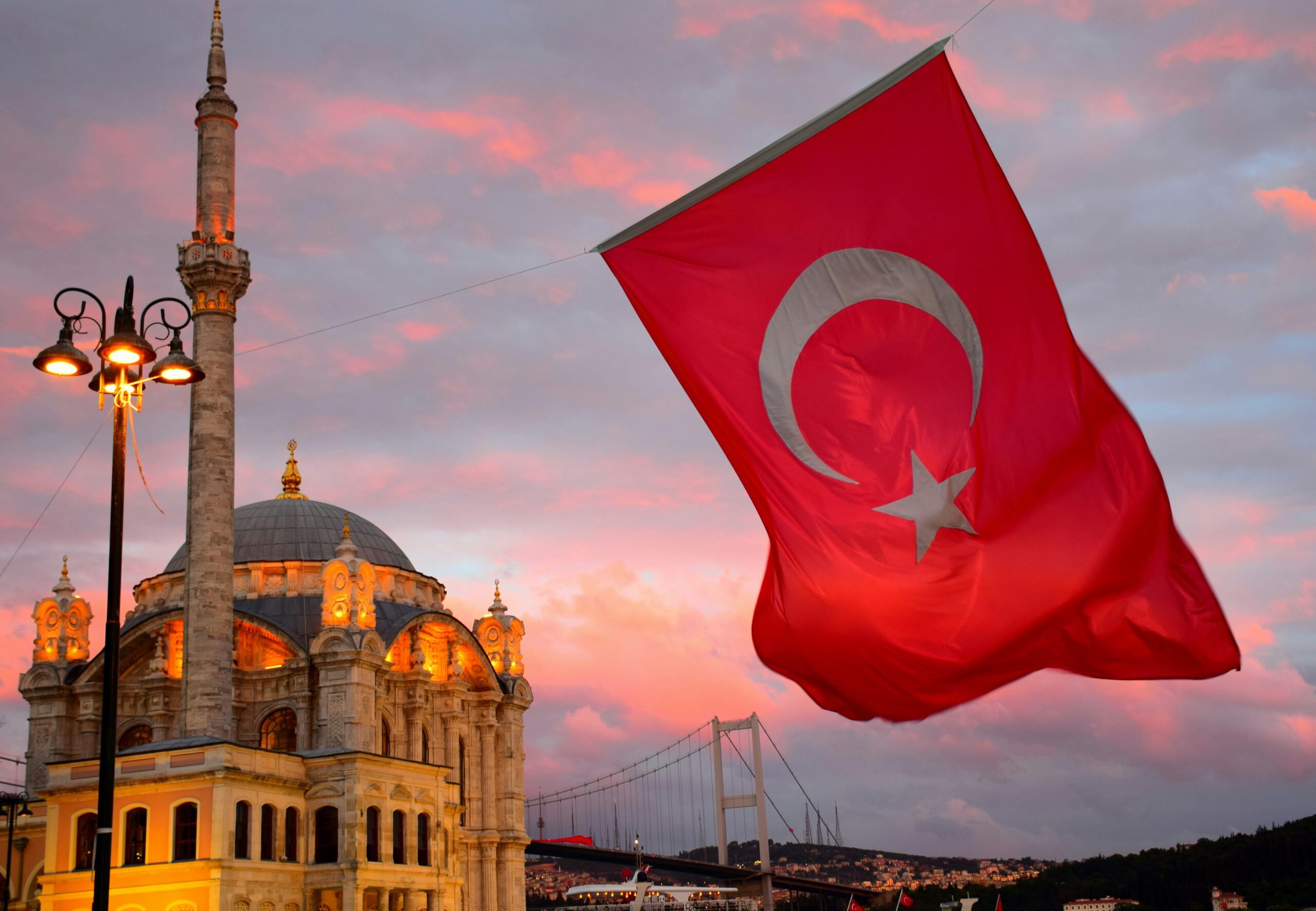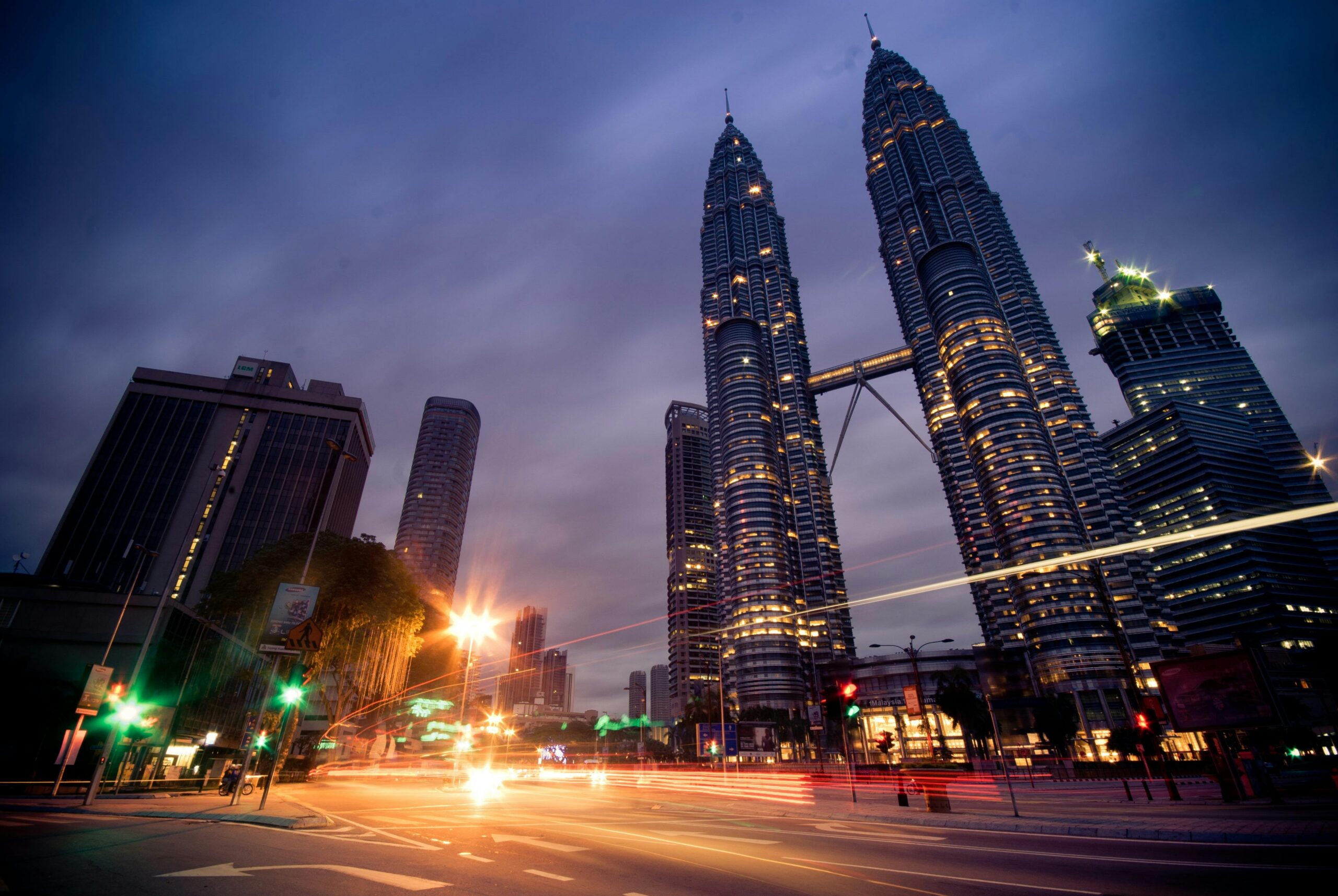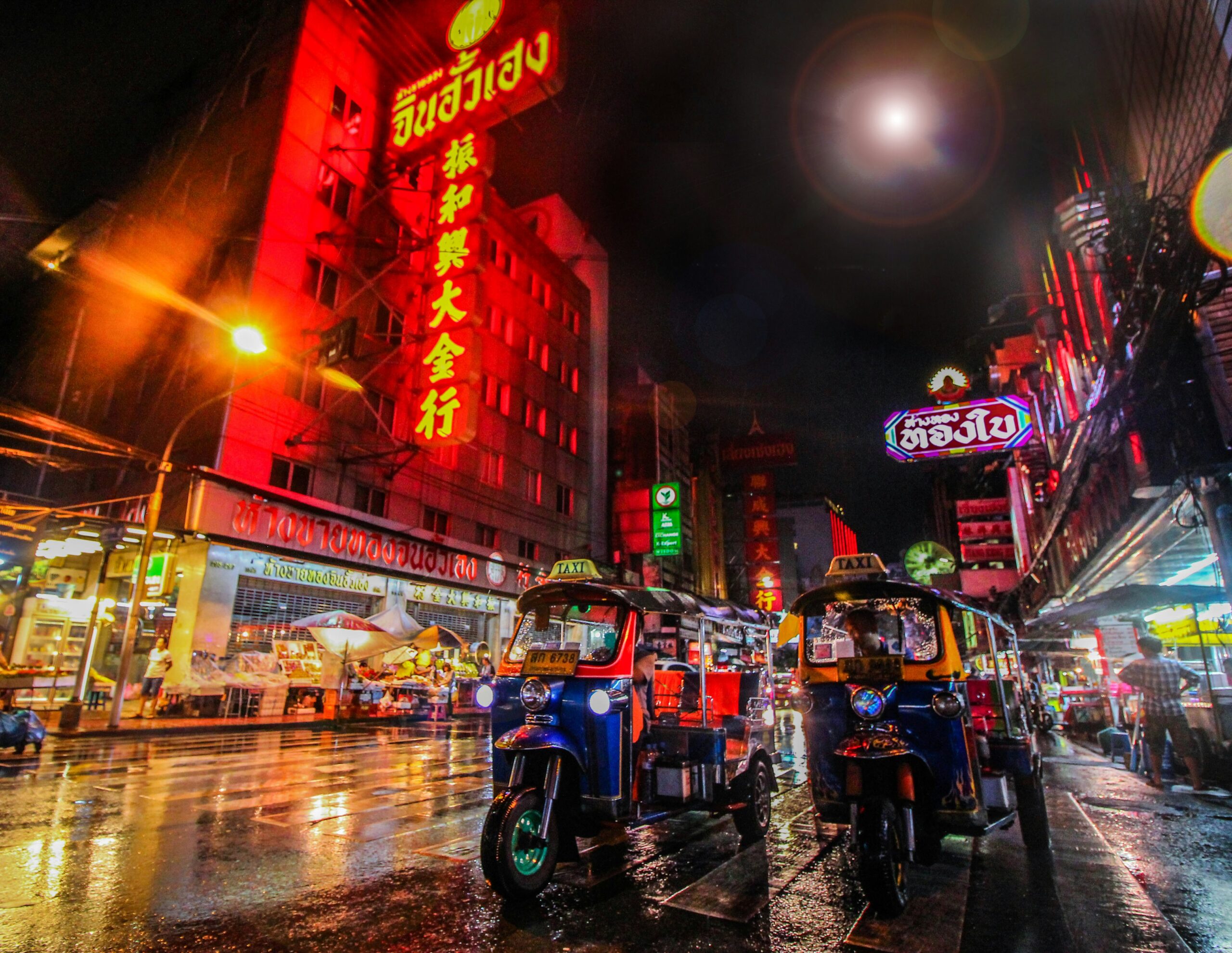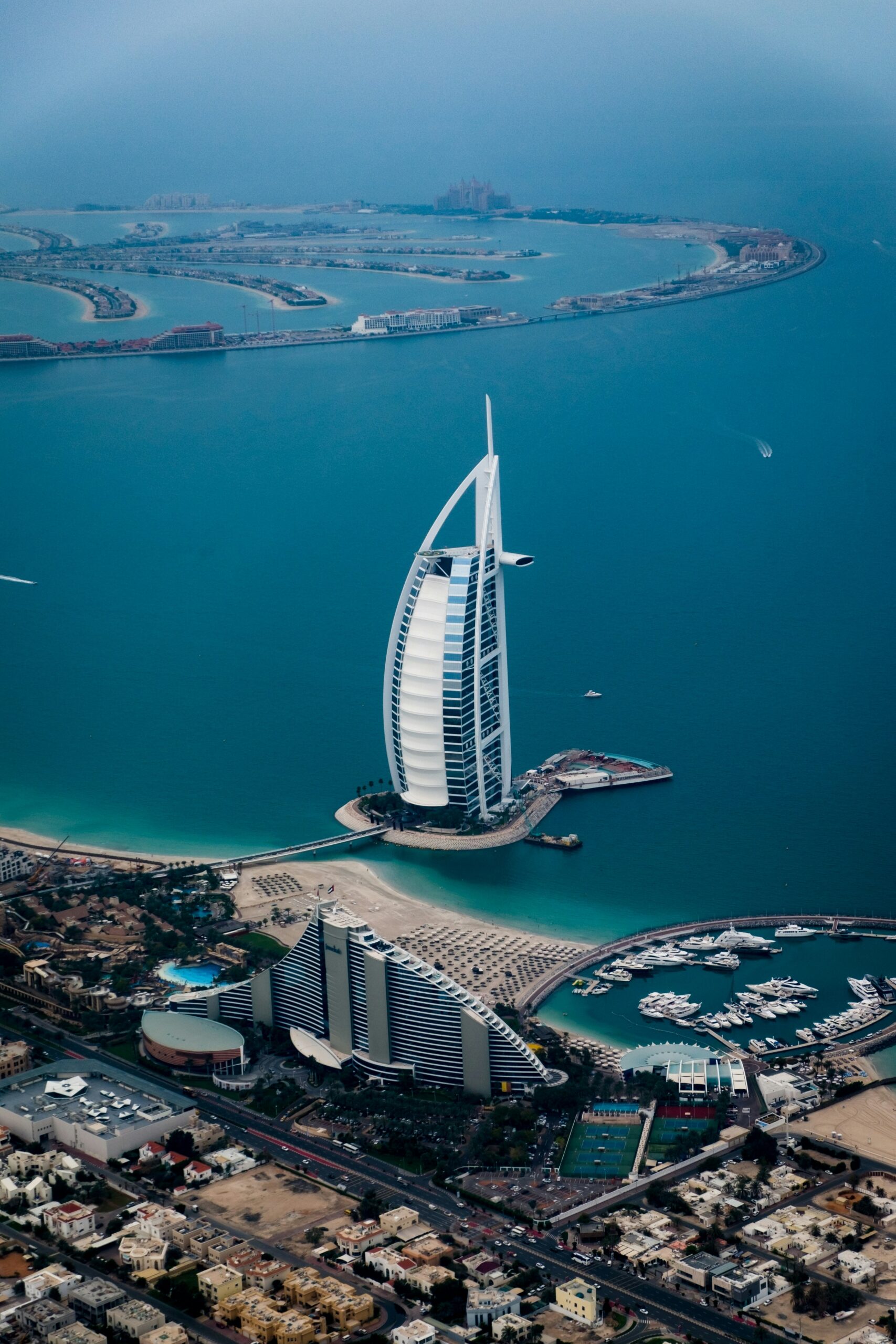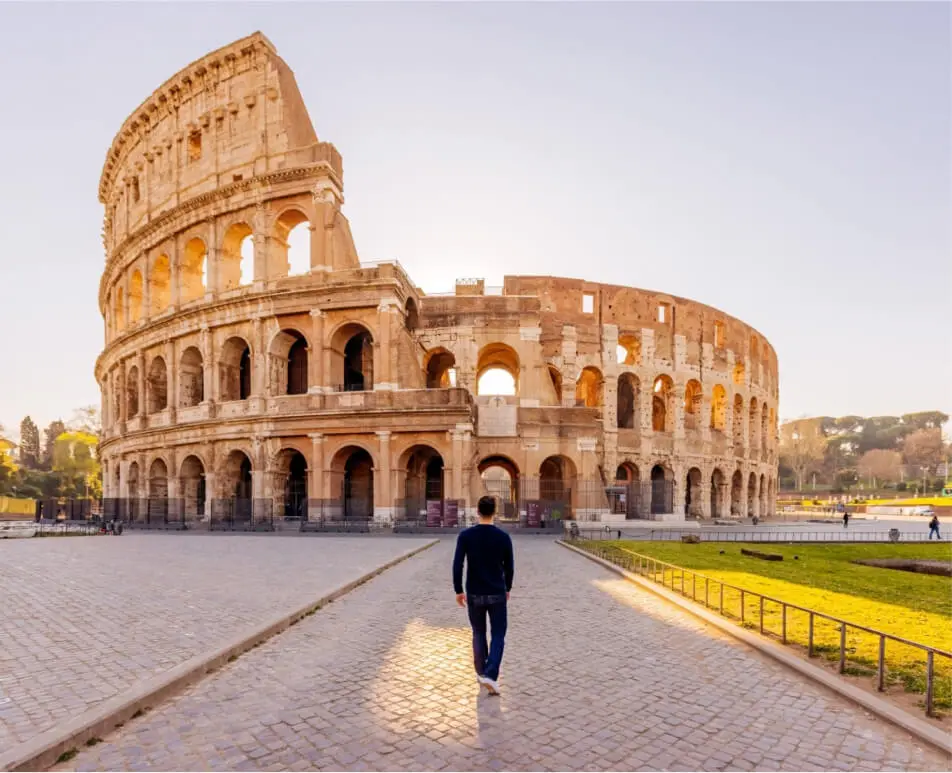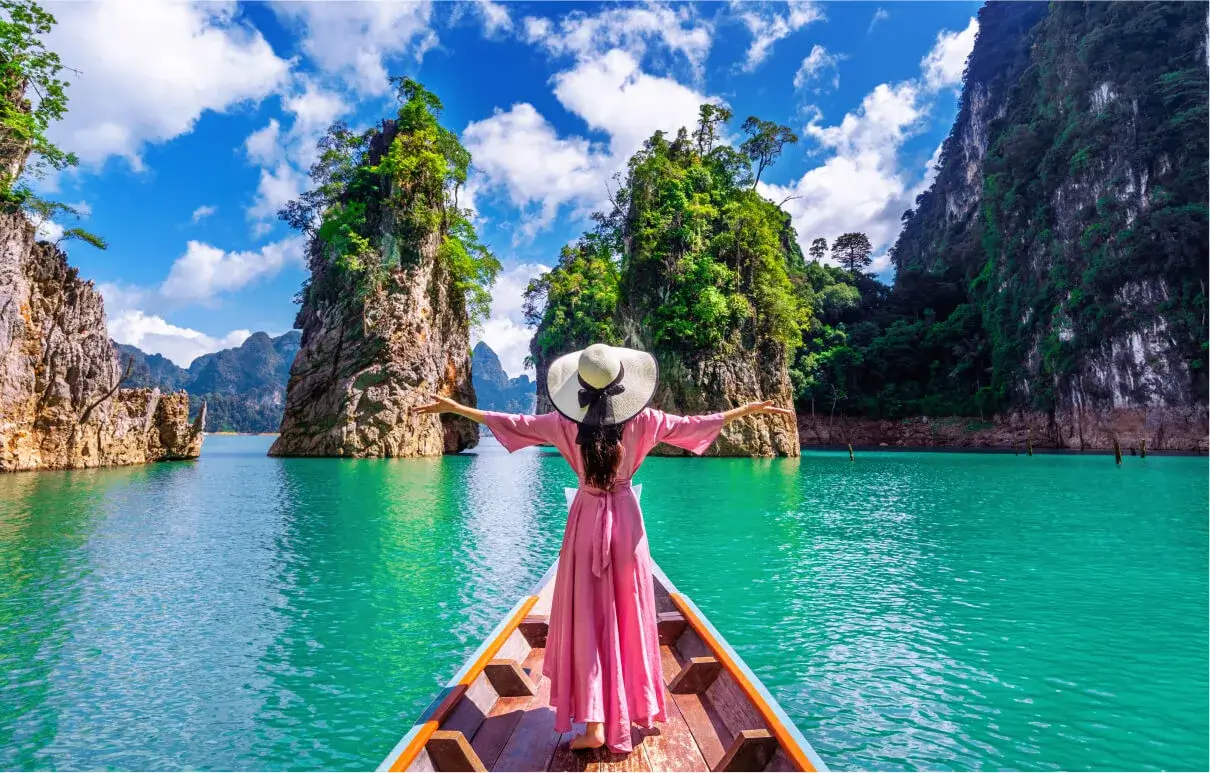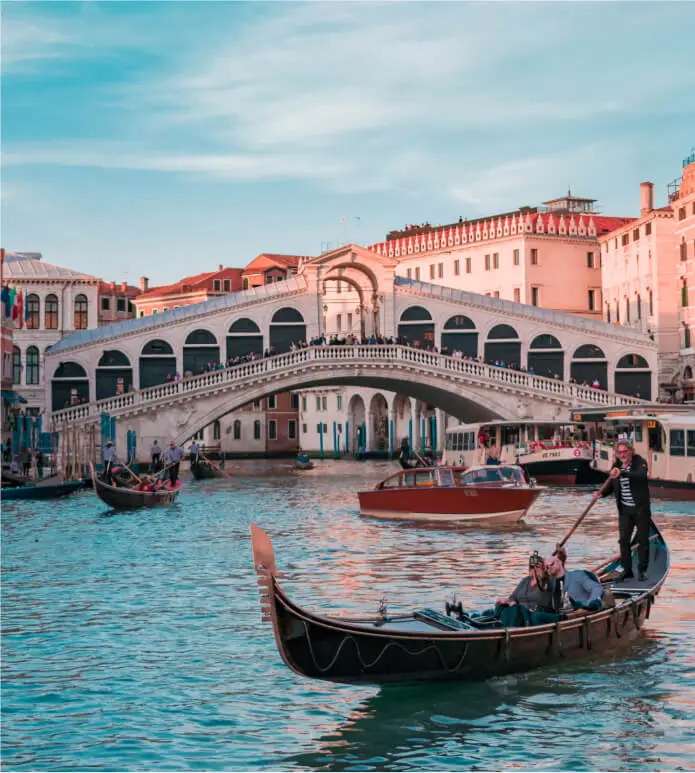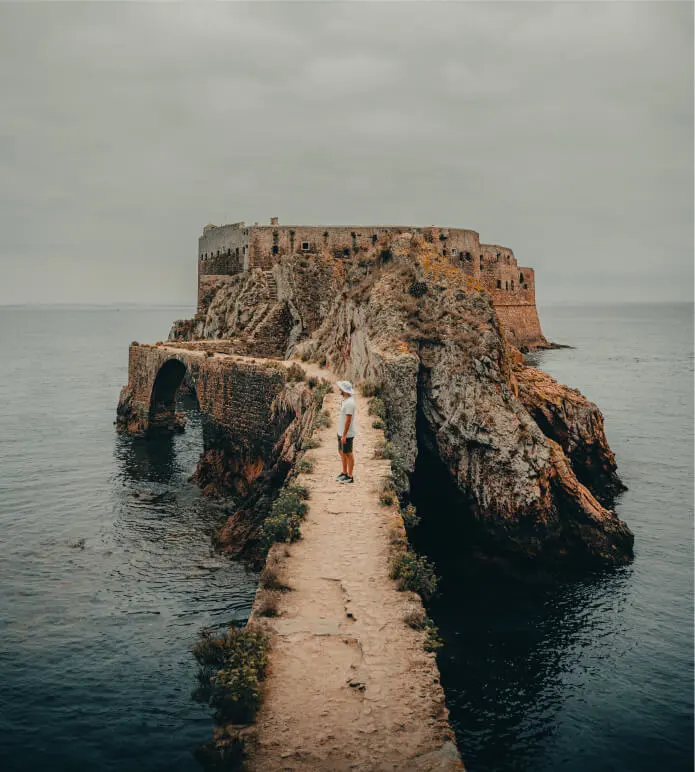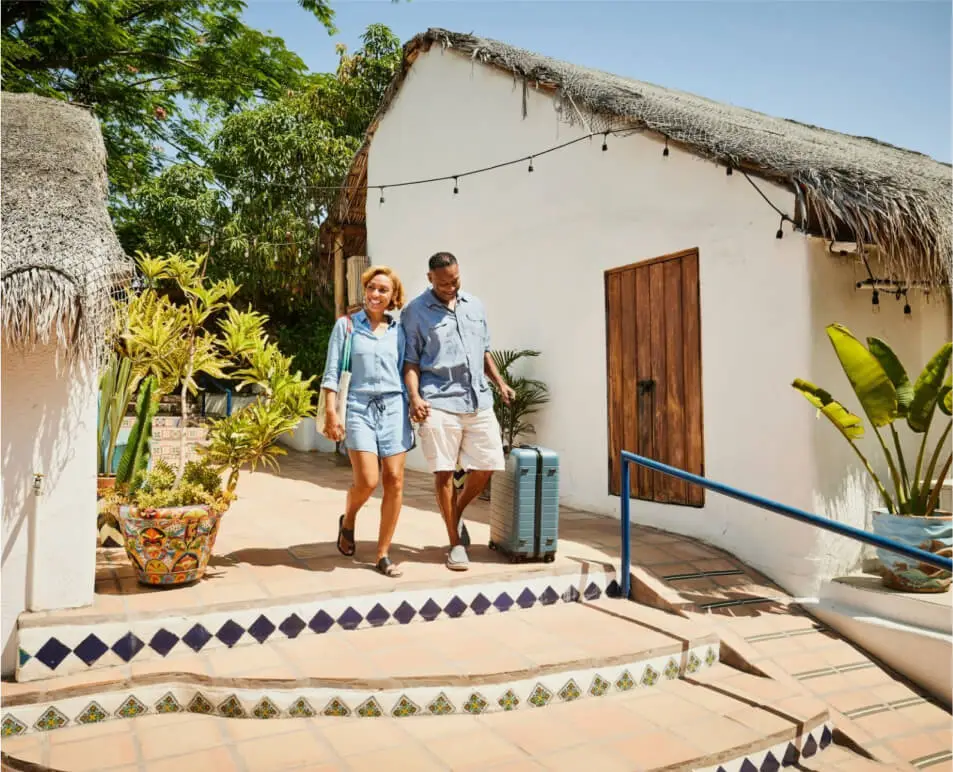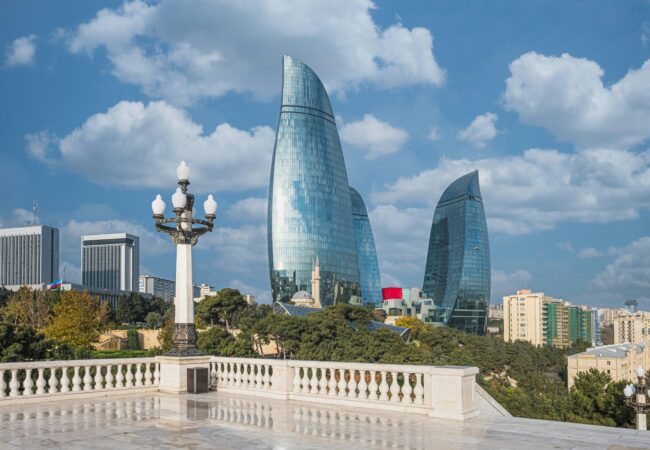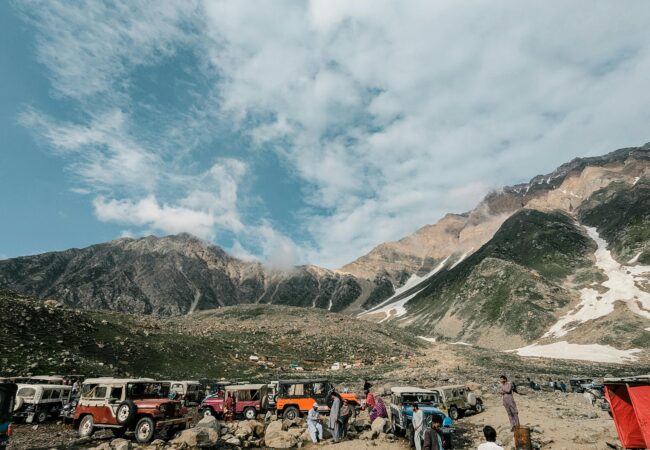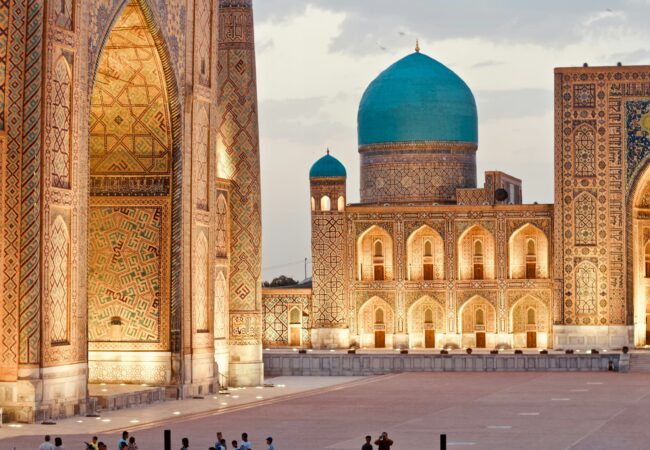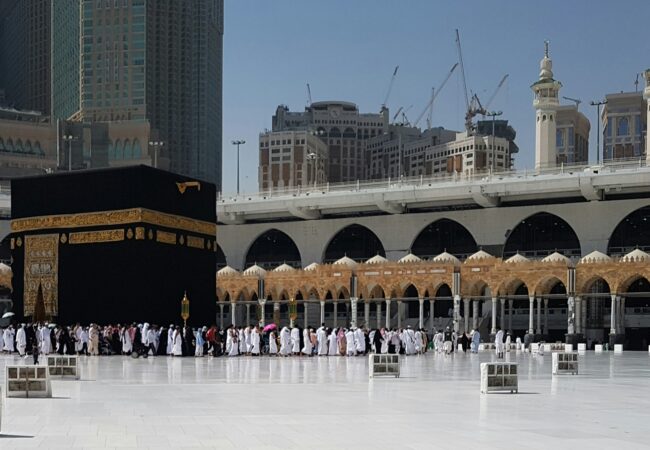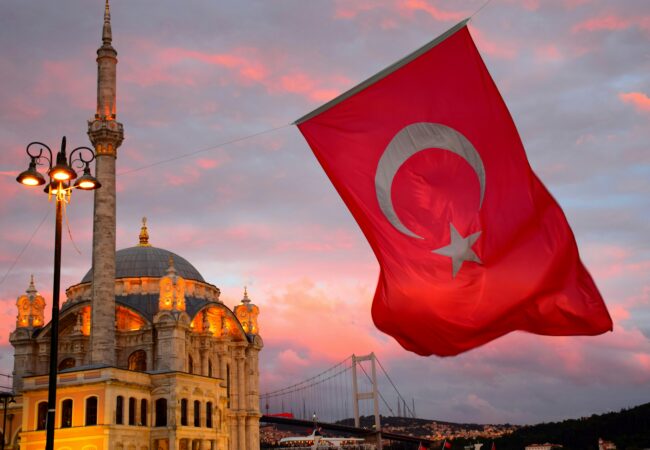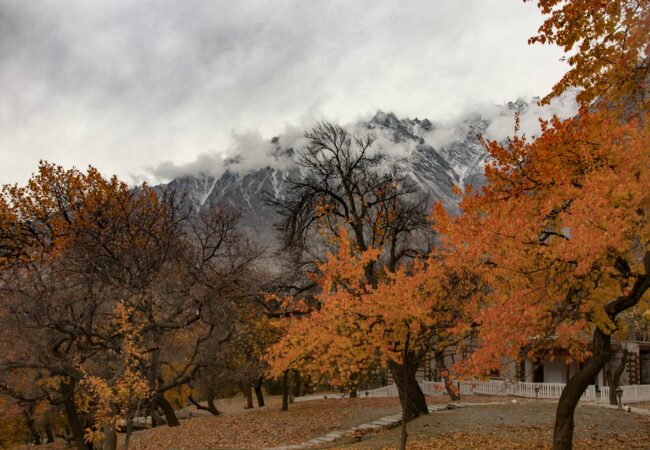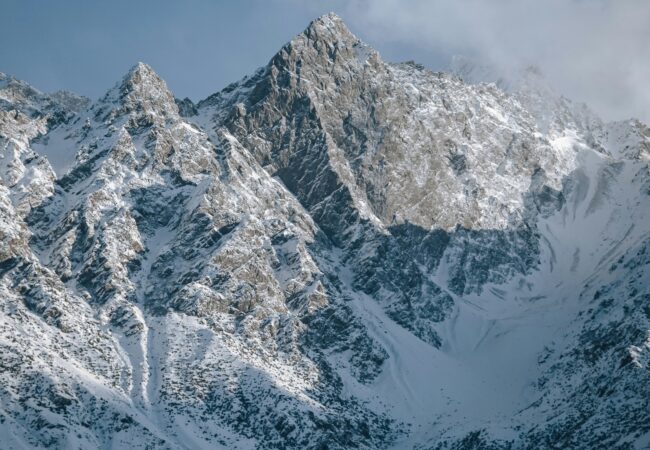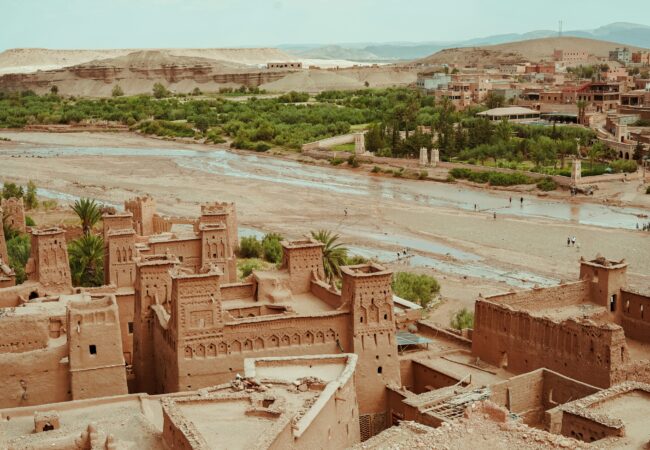info@a1aviationmaster.com
Sri Lanka
- Home
- Sri Lanka
Welcome To Sri Lanka
Sri Lanka boasts a history that spans over 3,000 years, with evidence of prehistoric human settlements dating back over 125,000 years. Known as the “Pearl of the Indian Ocean,” Sri Lanka has been a center of ancient trade, Buddhist learning, and cultural exchange. The island’s rich heritage is reflected in its ancient cities, grand temples, and well-preserved archaeological sites. Sri Lanka’s national identity is deeply connected to its Buddhist traditions, tropical landscapes, and colonial past, including Portuguese, Dutch, and British influences. The country gained independence in 1948, and today it stands as a vibrant republic, offering travelers a unique blend of history, culture, and natural beauty.Egypt has one of the longest histories of any country, tracing its heritage along the Nile Delta back to the 6th–4th millennia BCE. Considered a cradle of civilisation, Ancient Egypt saw some of the earliest developments of writing, agriculture, urbanisation, organised religion and central government.[15] Egypt’s long and rich cultural heritage is an integral part of its national identity, which reflects its unique transcontinental location being simultaneously Mediterranean, Middle Eastern and North African.[16] Egypt was an early and important centre of Christianity, but was largely Islamised in the seventh century. Modern Egypt dates back to 1922, when it gained independence from the British Empire as a monarchy. Following the 1952 revolution, Egypt declared itself a republic, and in 1958 it merged with Syria to form the United Arab Republic, which dissolved in 1961.
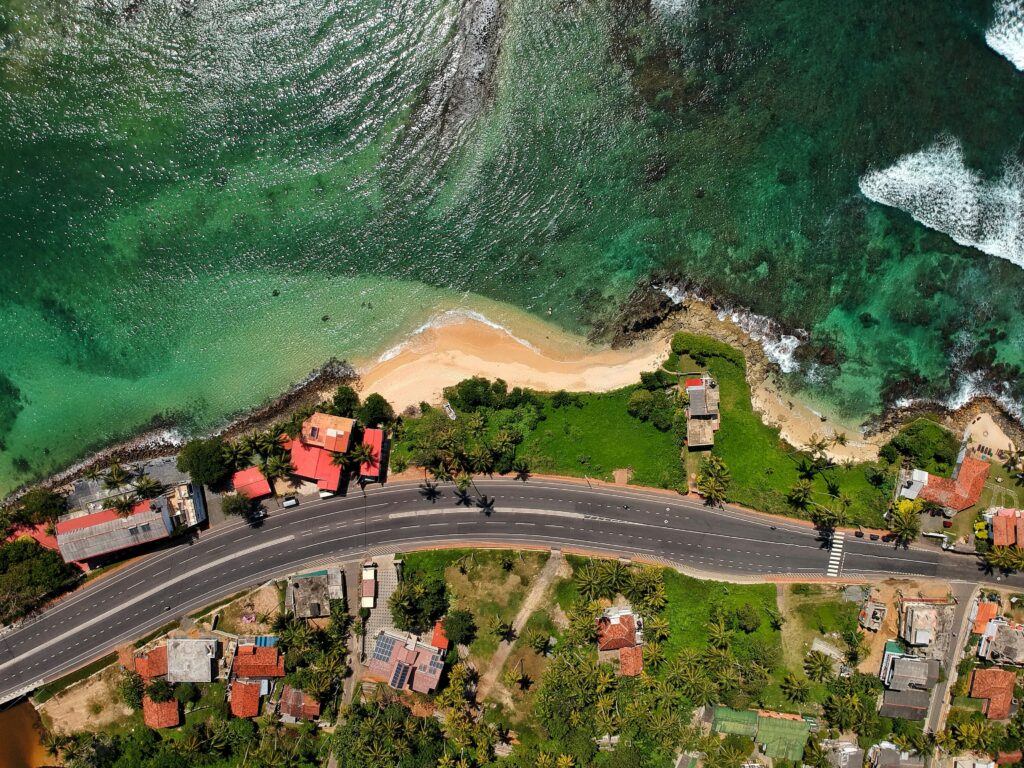
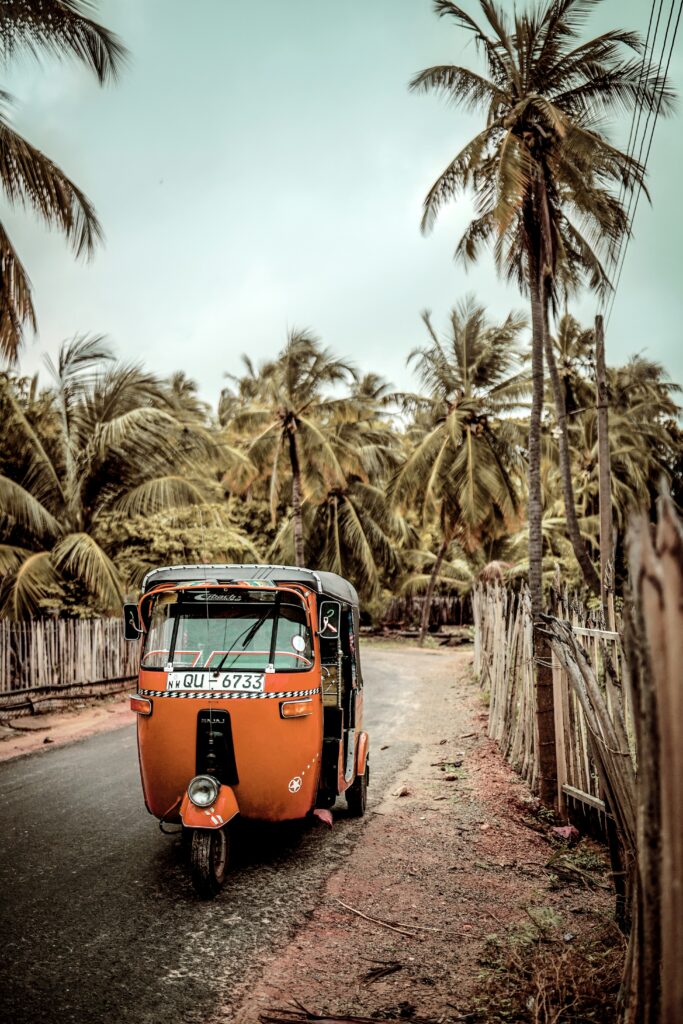
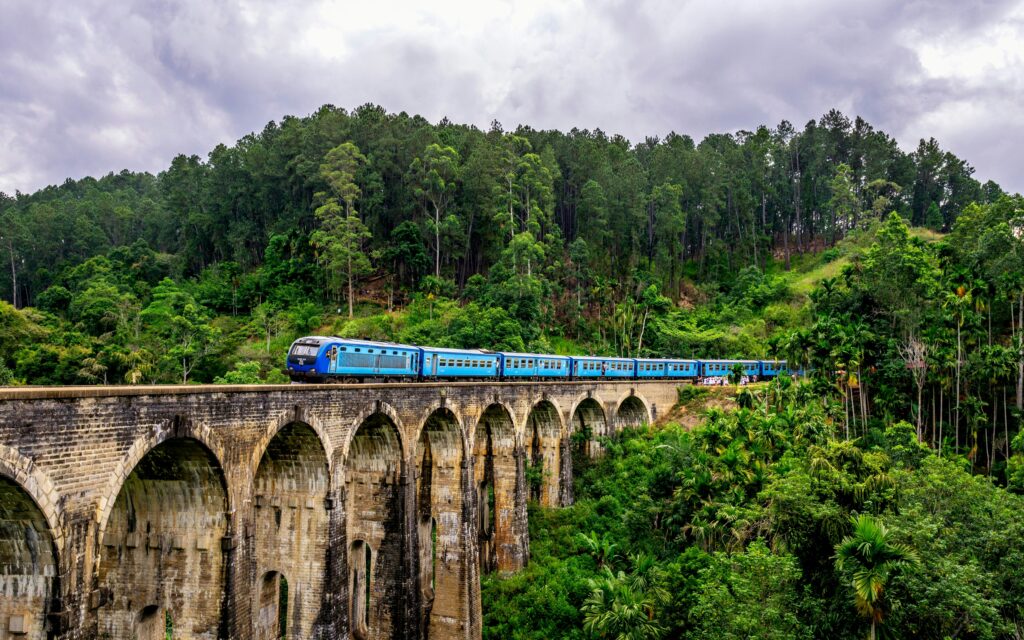
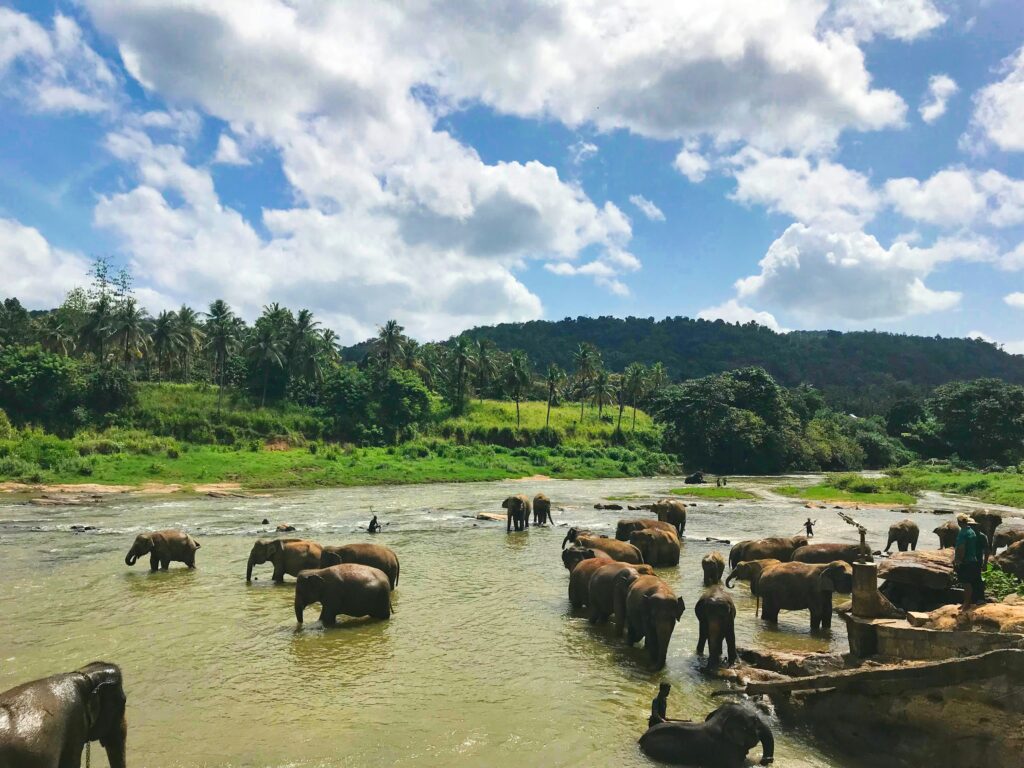
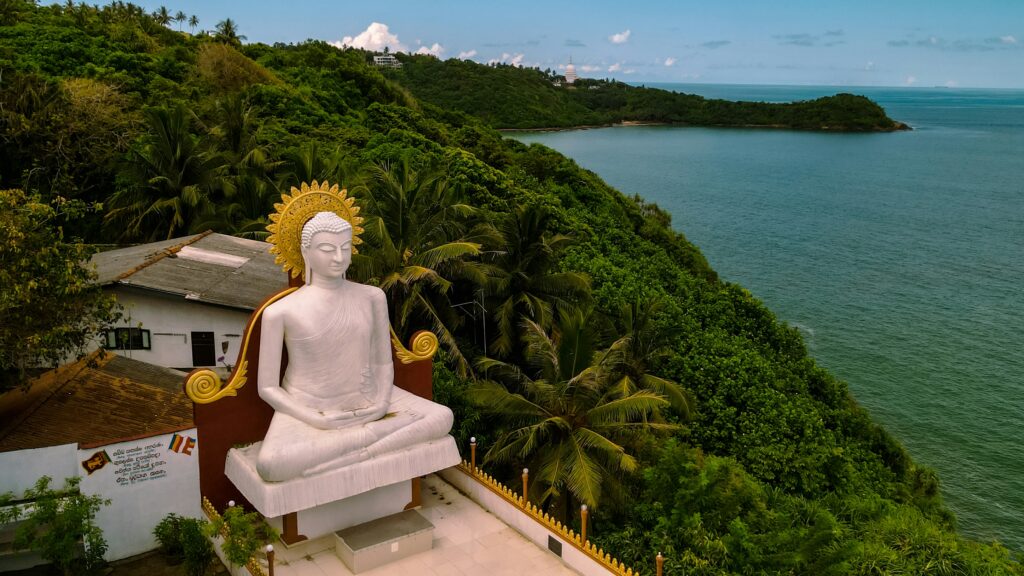
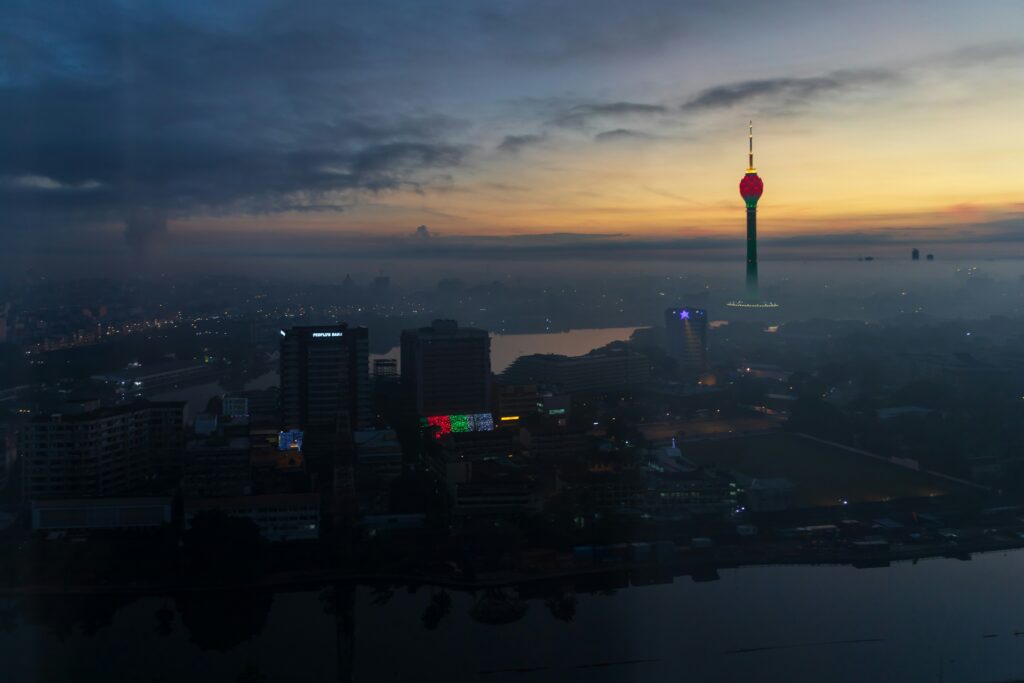
Heaven On Earth
Sri Lanka is a land of stunning contrasts — from golden beaches and misty mountains to ancient ruins and wildlife-filled jungles. Whether you seek relaxation, adventure, or cultural immersion, Sri Lanka welcomes you with open arms.
- Activities & Experiences:
- Exploring ancient ruins, historical landmarks.
Visit the sacred city of Anuradhapura, the majestic Sigiriya Rock Fortress, and the Temple of the Tooth in Kandy. - Immersive cultural experiences, local.
Experience colorful festivals like Esala Perahera, explore bustling local markets, and enjoy traditional Sri Lankan cuisine. - Hiking, trekking, extreme sports, and outdoor adventures.
Trek through the tea plantations of Nuwara Eliya, climb Adam’s Peak, or surf the waves in Arugam Bay. - A romantic destination like Paris, Venice.
Enjoy tranquil beach sunsets in Mirissa, luxurious stays in Galle Fort, or a scenic train ride through the hills of Ella. - Kid-friendly activities, theme parks, family.
Visit Pinnawala Elephant Orphanage, explore the Dehiwala Zoo, or spend a fun day at Leisure World Water Park. - Premium accommodations, gourmet.
Stay at world-class beach resorts, boutique hotels in the hills, and enjoy fine dining with a blend of Sri Lankan spices and international flavors.
Sri Lanka
22 million
Colombo
Sinhala or Tamil
Sri Lankan Rupee

50% Off
For Your First Book
Recommended Package
Starting From:
Rs230,000TAXES INCL/PERS
Starting From:
Rs24,000TAXES INCL/PERS
Starting From:
Rs119,999TAXES INCL/PERS
Starting From:
Rs220,000TAXES INCL/PERS
Starting From:
Rs160,000TAXES INCL/PERS
Starting From:
Rs28,000TAXES INCL/PERS
Starting From:
Rs86,998TAXES INCL/PERS
Starting From:
Rs280,000TAXES INCL/PERS
Starting From:
Rs165,000TAXES INCL/PERS
Join The Newsletter
To receive our best monthly deals



